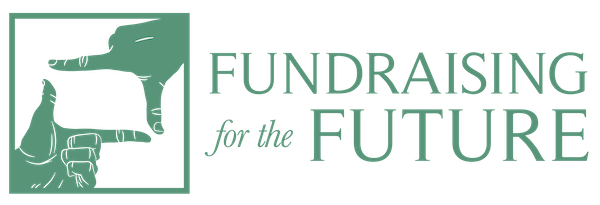I still have a job. My paycheck hasn’t changed. I haven’t been unable to pay rent. Nobody that I know personally has died. And yet, here I am trying to find a home for my feelings of loss, grief, and guilt.
Recently I had a chat with my father, one of the wisest men I know. He was in a particularly sage mood when we spoke having just finished up a 12 mile walk. I told him how I sometimes struggle with feeling guilty for having a career intact when so many are unemployed or underemployed.
“Sounds like you’re learning how to take yes for an answer,” he said.
News outlets are predicting total job loss in the U.S. could reach 47 million bringing the unemployment rate to 32%. As the number of jobless New Mexicans is soaring, I’m asking myself what is the alternative to feeling guilty for having gainful employment? Is this how hurricane survivors feel when their house remains standing while the rest of the neighborhood was flattened by the storm?
Sample Consulting Studio is writing and submitting what feels like countless Emergency funding grant applications for nonprofits. Working with my trusted subcontractors feels different. I am more grateful than ever that I have funds to pay my team for their good work. Just like it feels good to have the means to go to Tia Betty’s (masked up) and order two breakfast burritos and tip the staff.
My willingness to pass along some of the abundance in my life is part of the antidote to feelings of guilt.
Another step that I’ve been taking mentally is to let go of the wrangling with “Why me?” when work comes my way or “Why not me?” when I see friends losing their jobs. I don’t believe that I have my job because I am smarter, more talented, more tenacious or more anything than anyone else.
Survivor’s guilt is a symptom of PTSD, and a common reaction to trauma. Many people in our communities will be impacted by PTSD from the novel coronavirus pandemic. Those who have experienced trauma may be triggered anew. Frontline healthcare workers and even those who recover from COVID-19 may have PTSD and survivors guilt for simply being alive when many of their friends and coworkers have died.
Because of nothing other than sheer odds, or fortune, or an unexplainable force…my work flow and my health remains intact, for now. I am aware that at any moment my fragile single-mom, business owner ecosystem could tip out of balance, for example if I or my daughter gets sick, or the nanny gets sick.
Still, If I don’t acknowledge my abundant position and good fortune, I might be less willing to give back. I might shrink, contract and hide. That is not how I want to operate or encourage others to operate. That’s not the kind of life I’d wish for my friends, my acquaintances or anyone.
For me, learning how to take “Yes” for an answer means:
- Acknowledging what remains intact. Practicing gratitude for my health and my family’s health, my clients and their health, my work, my home and all of the things.
- Remaining Connected. Part of me feels guilty and wants to hide from friends who have been hit harder than I have. I don’t know how to explain why I haven’t been impacted in the same way. If I let go of trying to explain, I can simply show up.
- Giving back however I can. Whether this means passing along work to a skilled contractor, employing a babysitter, tipping at a drive through, or writing a loving message in chalk on the sidewalk. It counts.
- Standing in my actual life. I don’t have to knock myself down to “fit in.” I don’t have to make myself smaller, keep quiet, or pretend I’m worse off than I am.
Is it easier to look on the bright side when I am healthy and gainfully employed? Definitely so. Does feeling guilty help anything? Definitely not.
Those who survive COVID 19, with their health intact, and/or their employment intact may see symptoms of PTSD. Guilt can be debilitating and difficult to shake. For me, now is the time to practice gratitude and give back, however small a step it seems.
Stephanie


